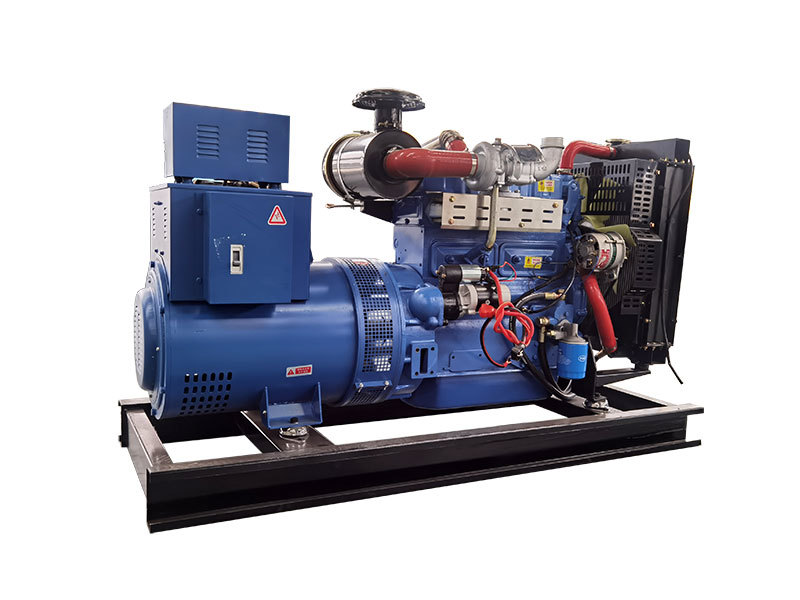Introduction
When it comes to choosing a generator set, accurately determining the load requirements is absolutely necessary. Frankly speaking, an undersized generator can lead to frequent power outages and failures, while an oversized one can be an unnecessary expense. By following the steps outlined in this article, you'll be able to calculate your load requirements and select the right generator for your needs.
Identify Your Appliances and Equipment
The first step in calculating load requirements is to create a list of all the appliances and equipment you plan to run simultaneously. Be sure to include both the starting and running wattage for each item, as starting wattage can be up to three times higher than running wattage. In my experience, it's better to overestimate your power needs than to end up with a generator that can't keep up.
Calculate Total Wattage
Once you have your list of appliances and equipment, add up the starting wattage for each item to find your total starting wattage. Similarly, add up the running wattage for each item to find your total running wattage. Remember, it's extremely important to consider both starting and running wattage when sizing your generator.
Determine Your Power Factor
Power factor is a measure of how efficiently electrical power is being used. To calculate your generator's required kilowatts (kW), you'll need to know your power factor. Most residential applications have a power factor of 0.8, while commercial and industrial applications may have a power factor closer to 1. To find your generator's required kW, simply divide your total running wattage by your power factor.
Select the Right Generator
Now that you know your total starting wattage, total running wattage, and required kW, you can begin shopping for a generator. Look for a generator with a starting wattage rating equal to or greater than your total starting wattage, and a running wattage rating equal to or greater than your total running wattage. Additionally, ensure the generator's kW rating is equal to or greater than your required kW.
Consider Fuel Efficiency and Runtime
Conclusion
To be honest, calculating load requirements for your generator set may seem like a daunting task at first. However, by following the steps outlined in this article, you can ensure that your generator is properly sized for your needs. By choosing the right generator and considering factors like fuel efficiency and runtime, you'll be well-equipped to handle power outages and keep your appliances and equipment running smoothly.





